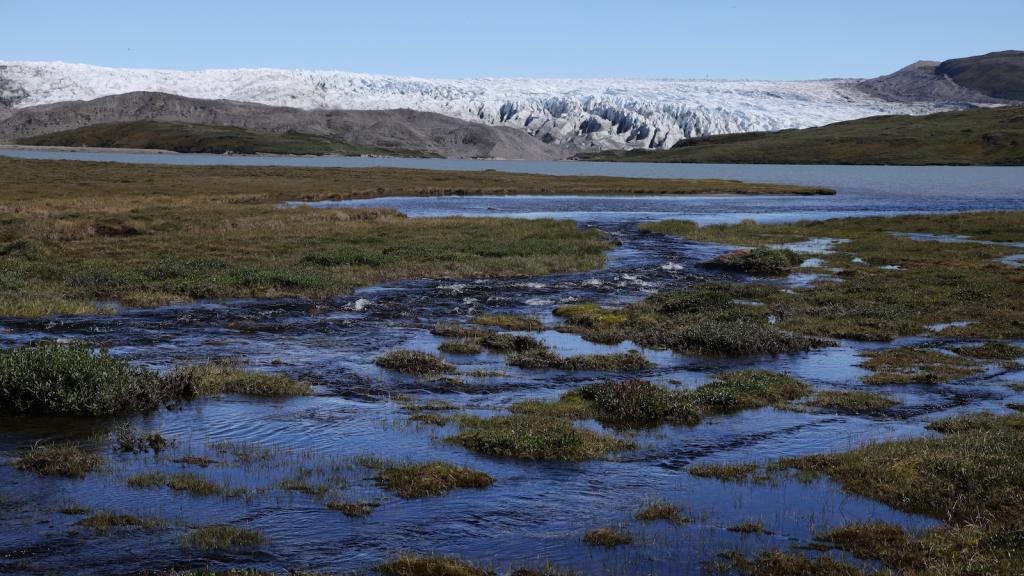A massive, frigid storm is developing across the United States, stretching from the Southwest up into the Northeast and putting much of the country in a deep freeze until early next week. The Weather Channel warns that more than 230 million people — two-thirds of the country’s population — could be impacted by the system, which is producing heavy snow and “catastrophic” ice accumulations. The Northern Plains could experience wind chills below -50 degrees Fahrenheit, according to the National Weather Service. It’s also warning of widespread disruptions to travel and power, which will make things even more dangerous for people who can’t heat their homes.
If it feels like you’re at the North Pole right now, it’s because you kind of are. Swirling high above the Arctic is a very cold air mass known as the polar vortex. This is encircled, and typically trapped, by a strong wind pattern called a jet stream, which is at a lower level in the atmosphere. That separates cold air in the Arctic from warmer air to the south.
Things are changing up north, though, as it wa... Read more






